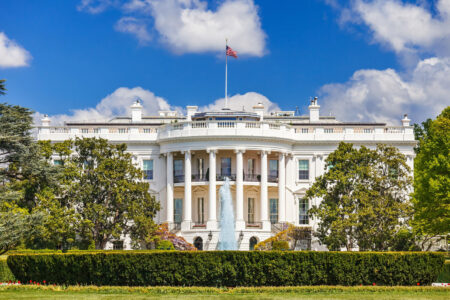The Central Bank of the United Arab Emirates (UAE) recently issued a series of new guidelines to strengthen anti-money laundering (AML) and counter-terrorism financing (CTF) practices for financial institutions dealing with crypto assets.
The guidelines address the handling of digital assets such as cryptocurrencies and non-fungible tokens (NFTs). This represents an important step in the UAE's ongoing efforts to combat illegal financial flows and regulate the emerging crypto market. In September 2021, the UAE Central Bank introduced guidelines requiring financial institutions to develop internal procedures for identifying suspicious transactions and report them to the Central Bank's Financial Investigations Department.
The United Arab Emirates (UAE) is aligning itself with international standards
In May 2023, the Arab Central Bank improved its efforts by issuing new AML/CTF guidelines specifically for dealing with crypto assets. This guide, which will come into effect within a month, applies to a wide range of financial institutions. It includes not only banks, exchanges, payment service providers, and other financial companies but also registered Hawala providers, insurance companies, agents, and brokers.
Furthermore, the central bank is addressing the specific risks associated with virtual assets and their providers. The move aims to underscore the importance of due diligence for authorized financial institutions when dealing with consumers and counterparties in the digital asset space. This includes regularly cross-referencing their databases and transactions with names on the lists issued by the United Nations Security Council or the UAE government before engaging in business or establishing relationships with private and corporate clients.
The Central Bank's guidelines are in line with FATF standards and reflect the United Arab Emirates' commitment to international best practices in the AML/CTF field. This action was taken, among other reasons, after the FATF placed the UAE on its "grey list" in March 2022. As a result, the UAE has committed to working closely with the FATF to enhance its regulatory framework.
The Arab region as a crypto hub
The impact of the new crypto guide is profound. By establishing clear regulatory expectations for crypto firms, the United Arab Emirates positions itself as a safe and regulated environment. This increases the attractiveness of the location and strengthens the country's status as a global fintech center.
Furthermore, the Central Bank of the United Arab Emirates is collaborating with Hong Kong's monetary authority in establishing itself as a crypto hub. The chairpersons of the two central banks met this week in Abu Dhabi to explore various avenues of cooperation. The two authorities agreed to establish a joint working group to pursue unified crypto regulation.
"We are pleased to welcome the Hong Kong Monetary Authority and its representation in the United Arab Emirates. We are committed to expanding the existing and solid relationships between our central banks. During the day, we discussed deepening cooperation in several important areas, including the development of financial market infrastructure and shared growth opportunities in the field of digitization and technological progress." - Khaled Mohamed Balama, Governor of the Arab Central Bank.








